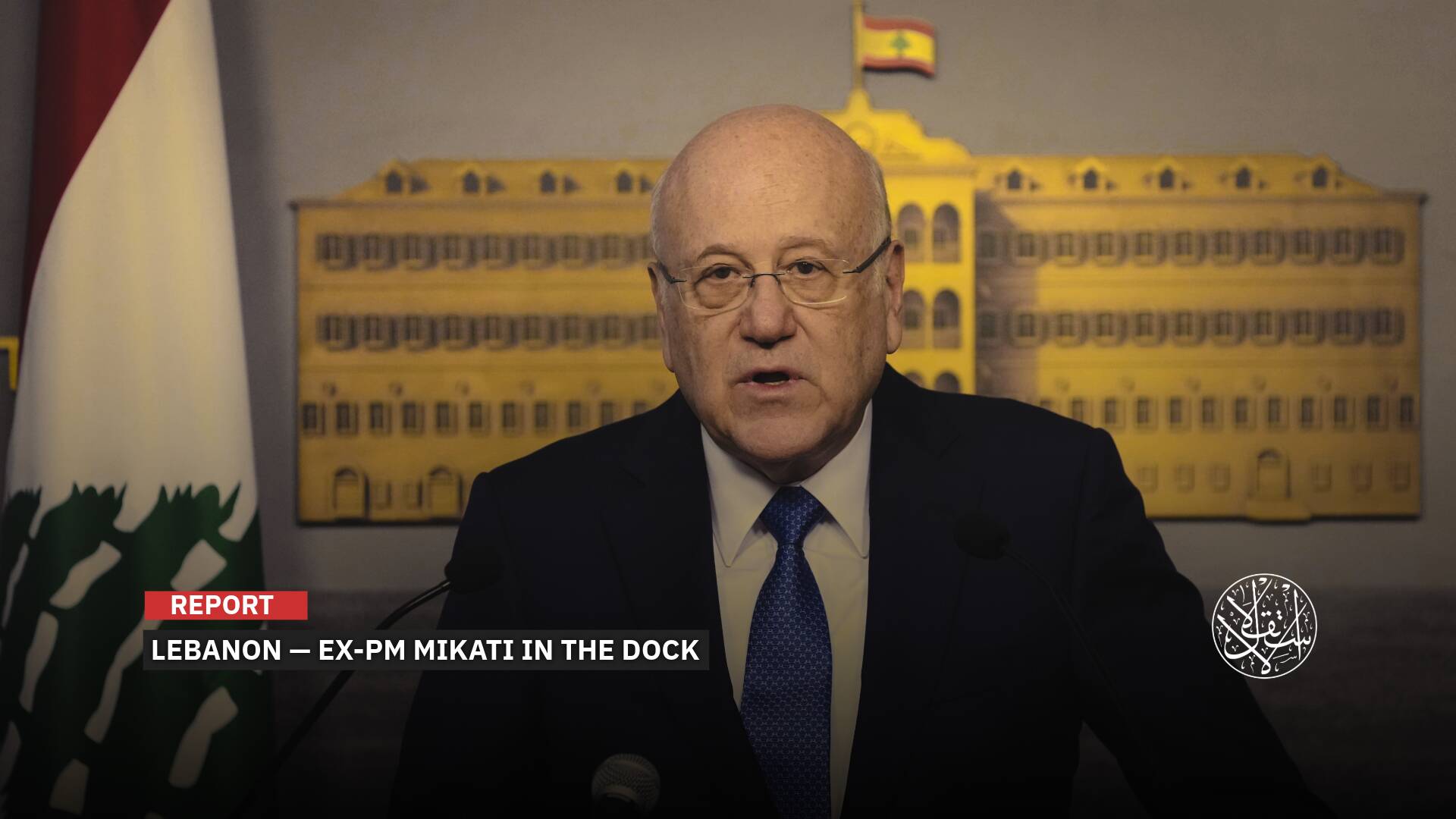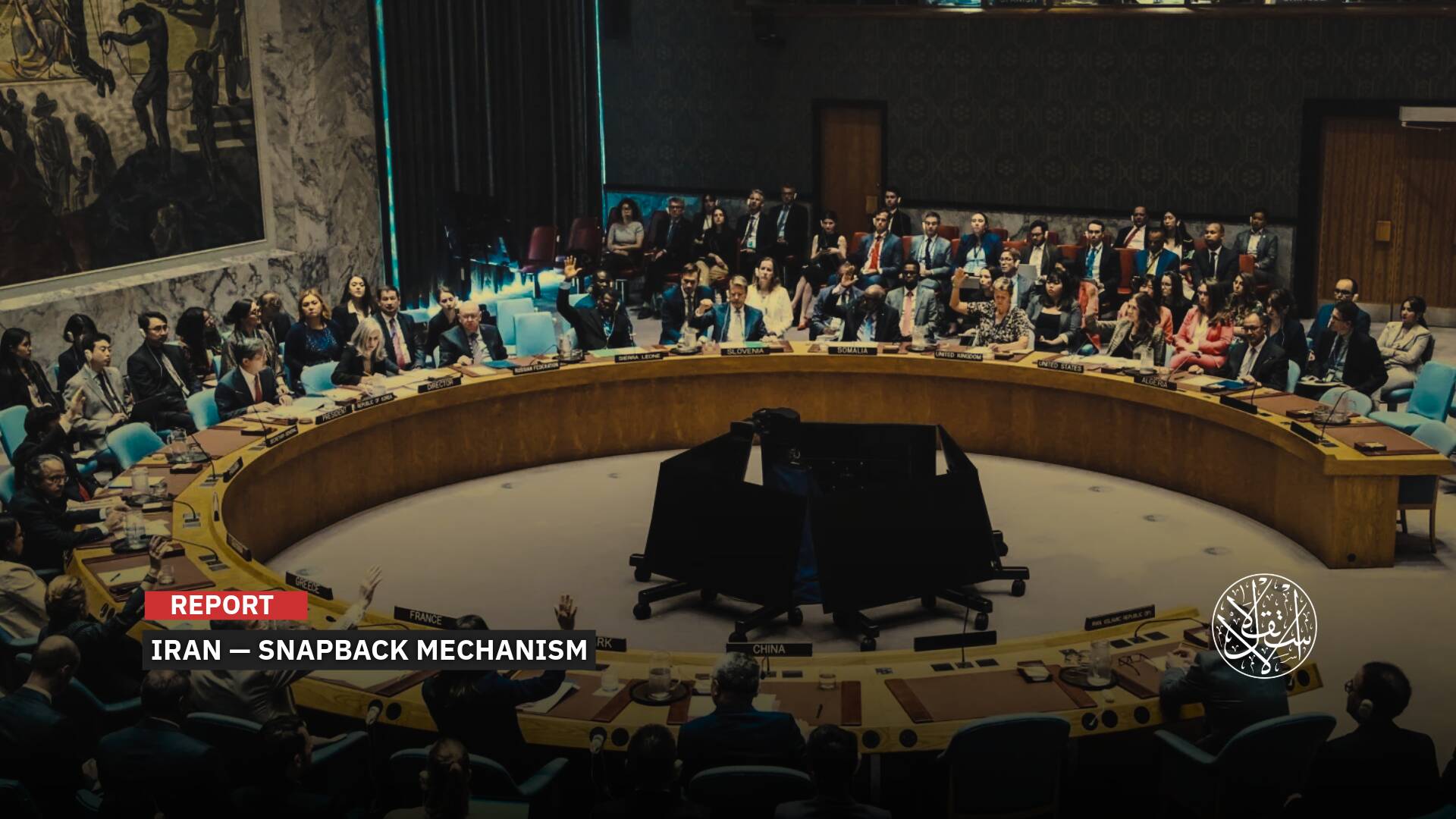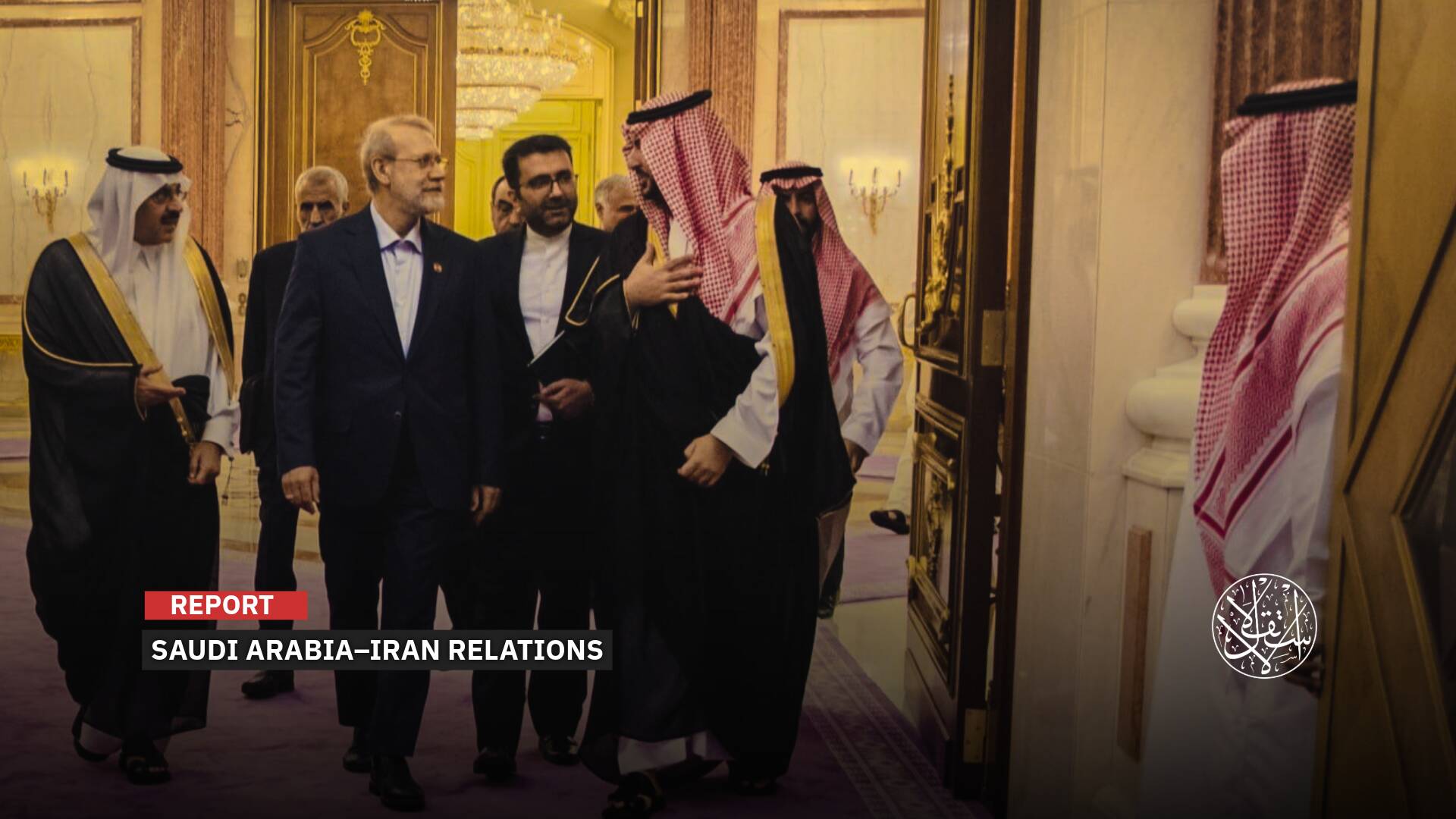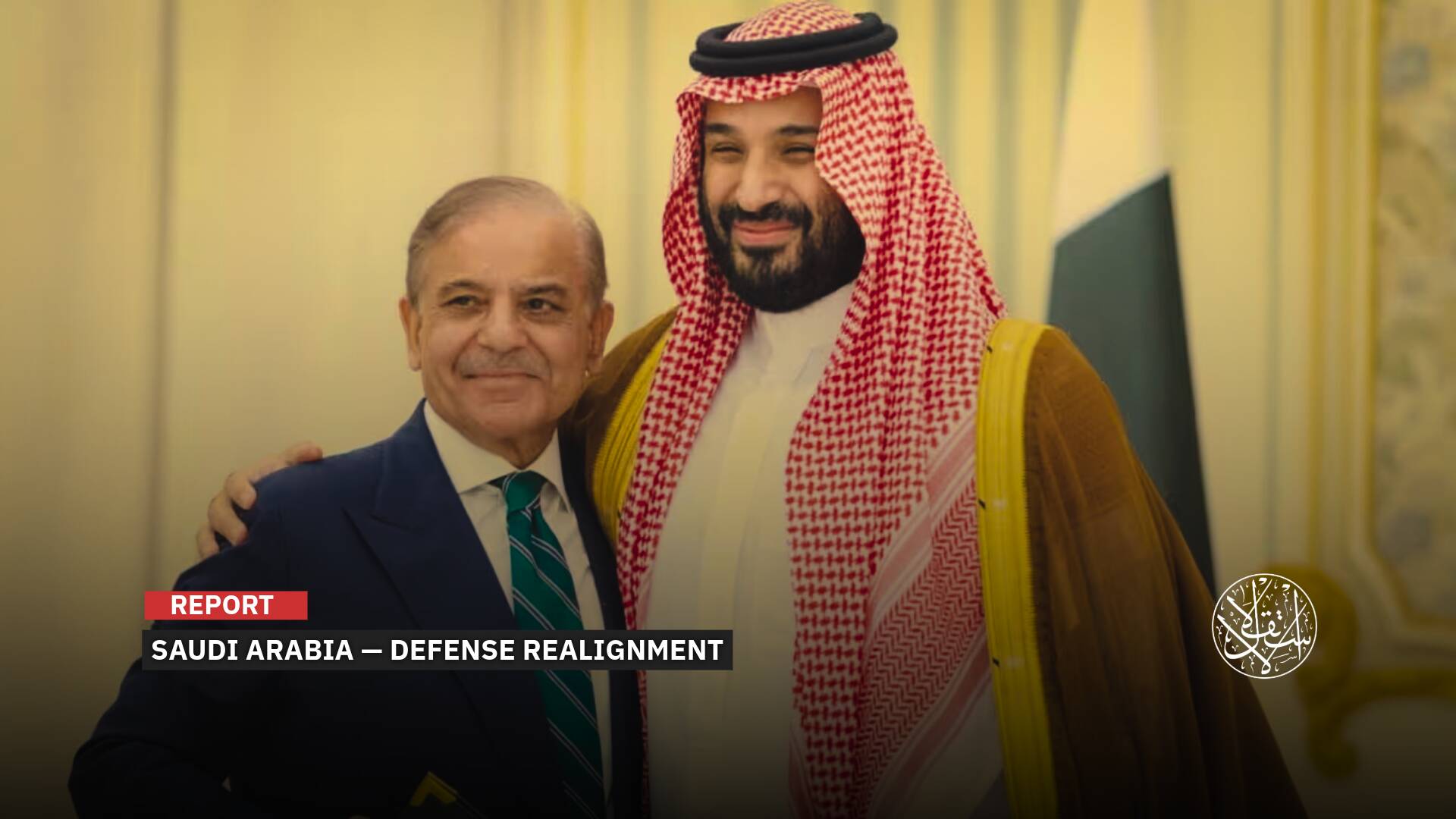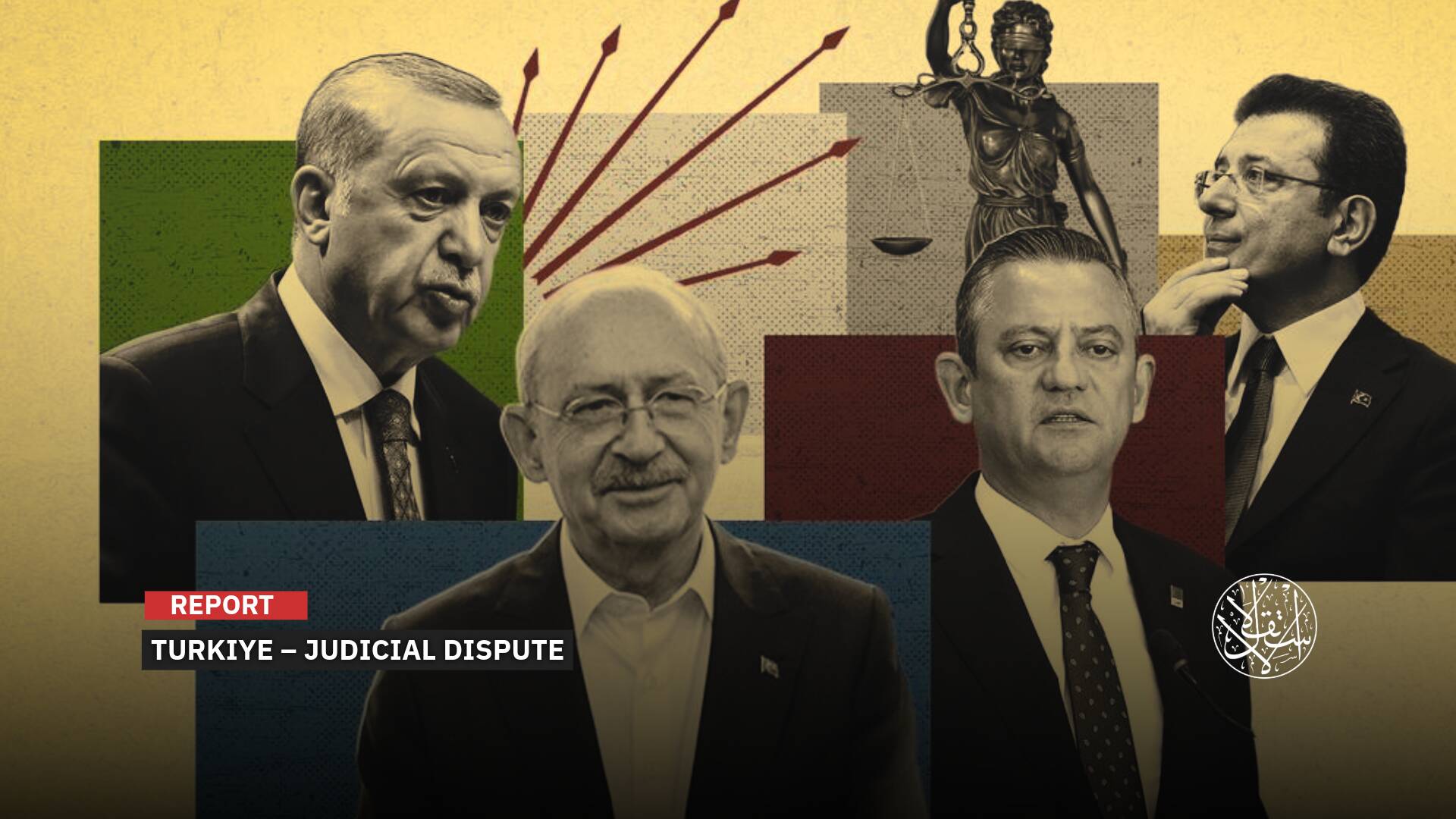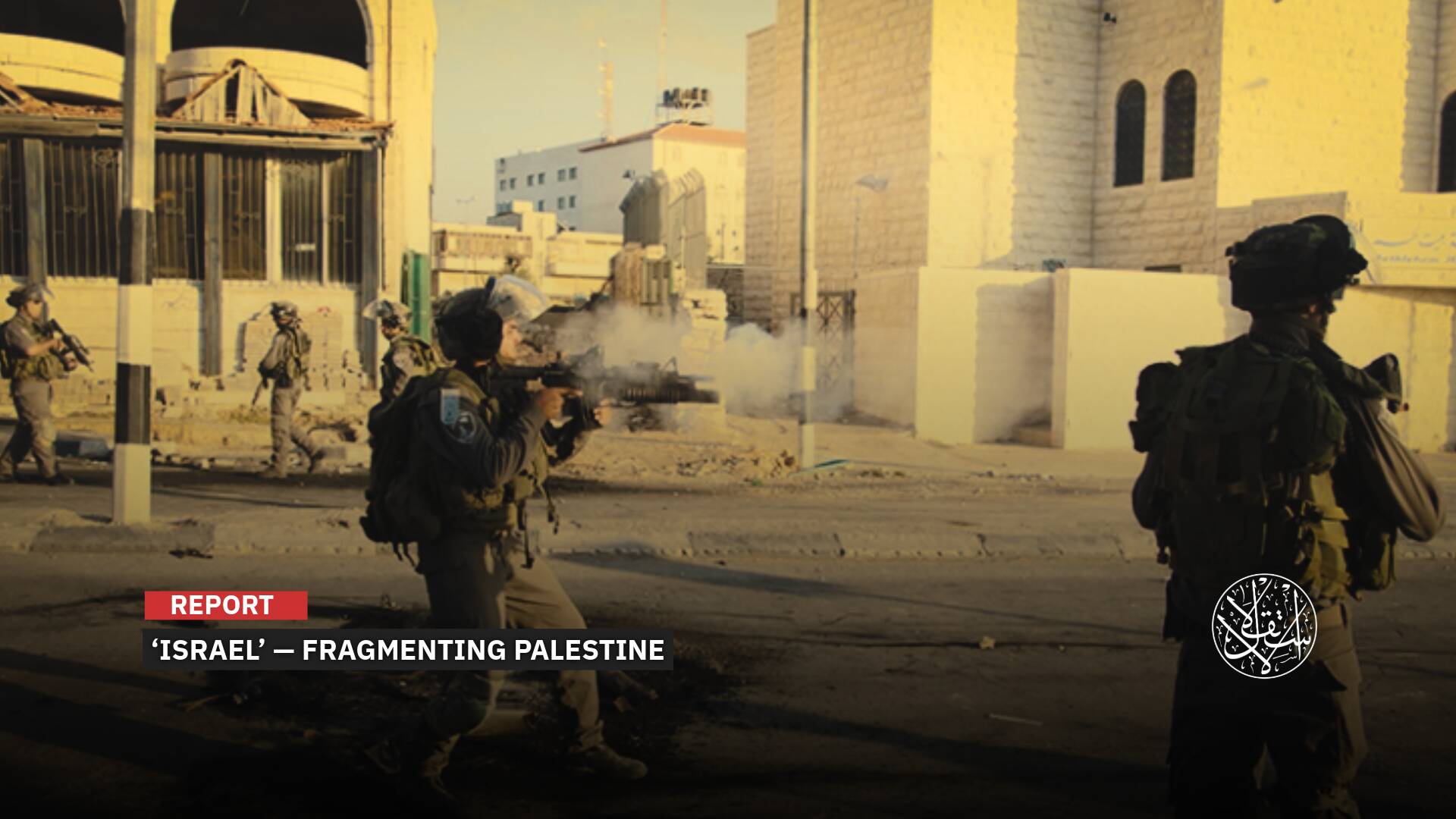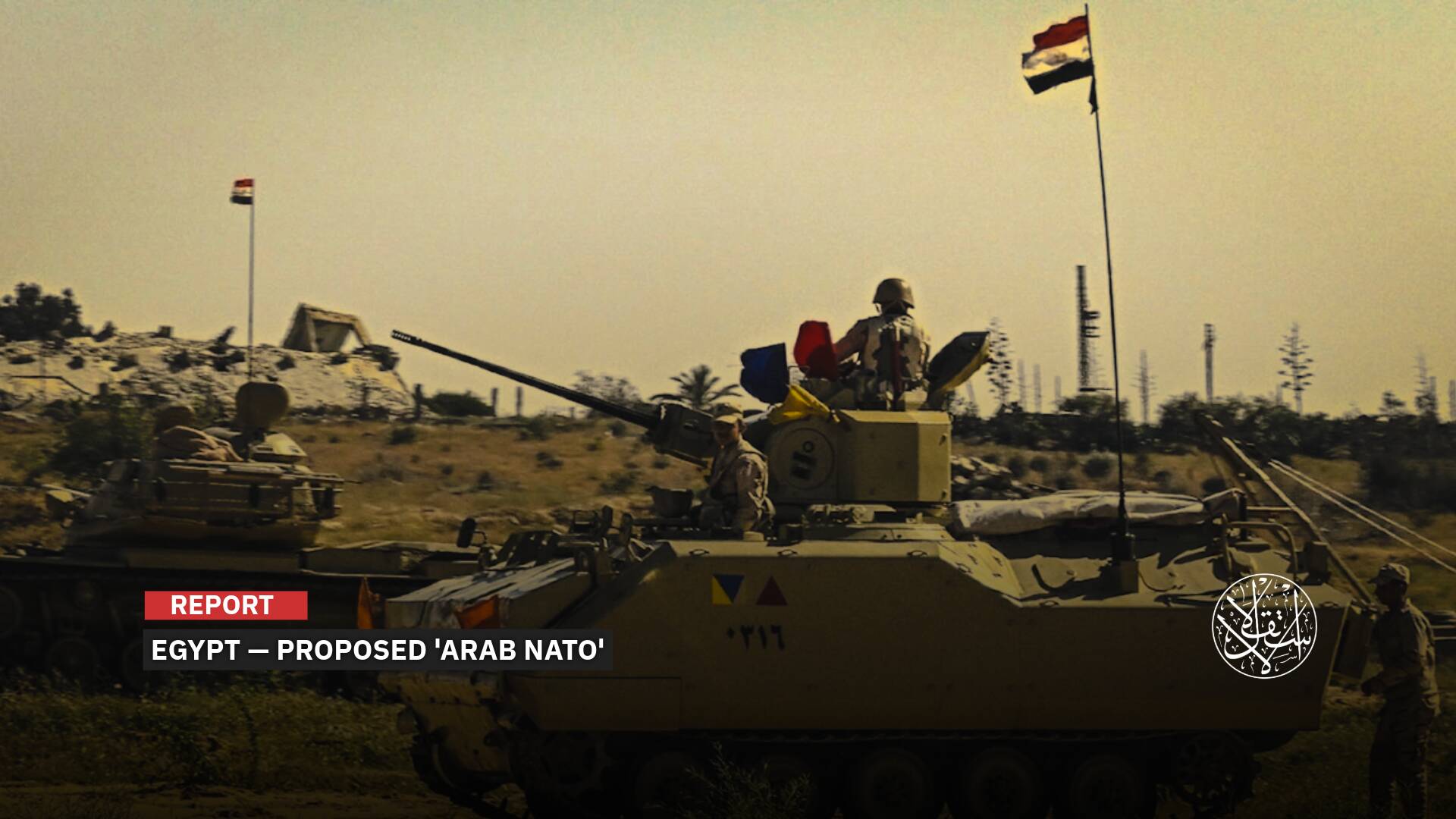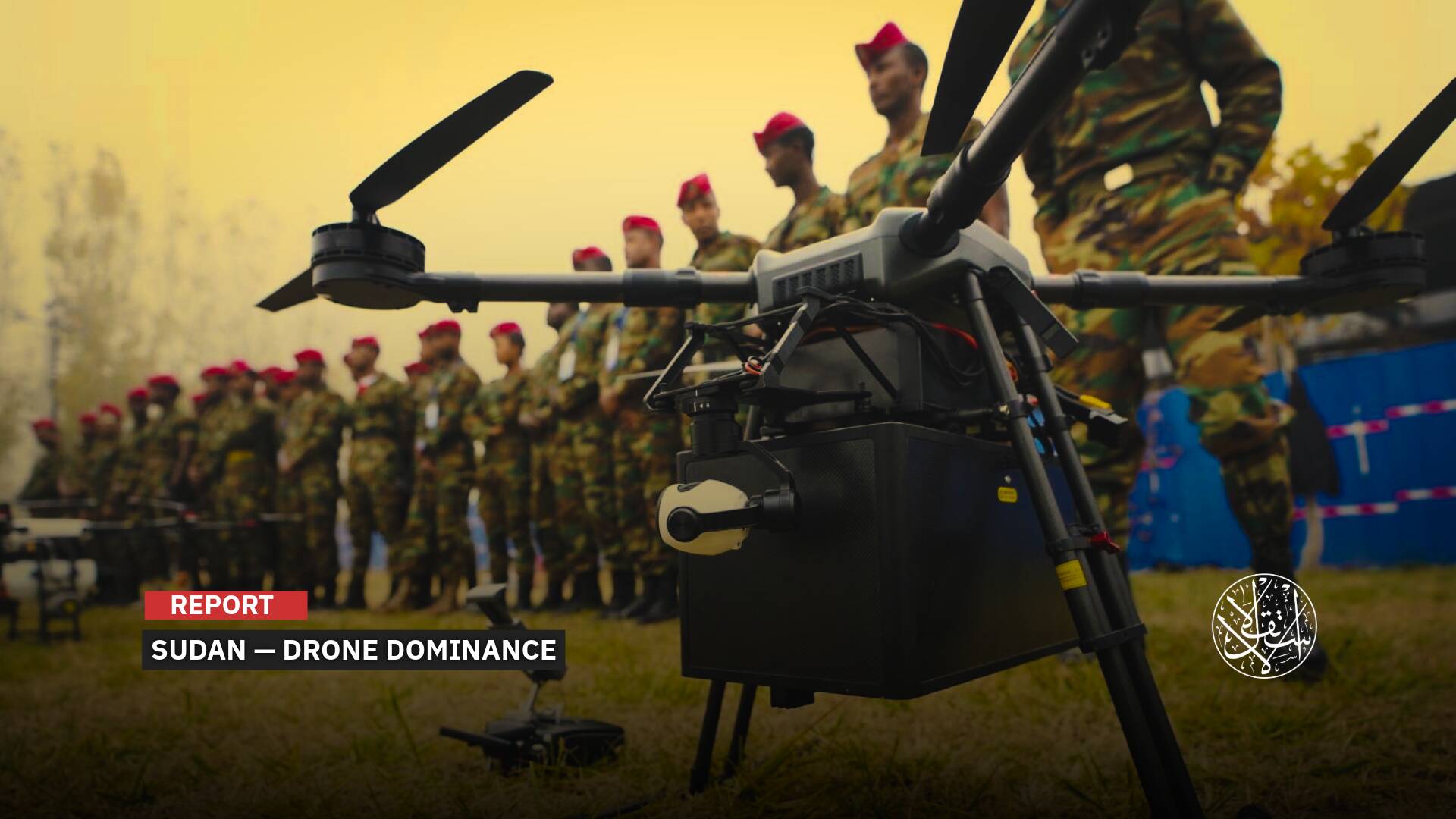Why is the German Army in a Weak State?

On the third day of the Ukrainian war, which began on February 24, German Chancellor Olaf Scholz addressed parliament, announcing “unprecedented” plans to launch a massive investment of $ 100 billion to develop the German army (Bundeswehr) and restore its military equipment to a normal level, after decades of attrition since the end of the Cold War.
Although more than 9 months have passed since Scholz declared a turning point for the Bundeswehr and its place in the world, we hardly see any of the €100 billion in additional funding pledged by the German chancellor making its way into the armed forces, the Financial Times reports.
In a related context, a confidential report prepared by the Ministry of Defense in Germany and submitted to the parliamentary defense committee revealed that the German army can only perform NATO duties to a limited extent.
It noted that the army suffers from deficiencies in weapons, equipment, and operations and stated that the financial situation, personnel, and training in the Bundeswehr were terrible, pointing out that the German navy would not be able to send even a ship to the UN mission in Lebanon.

Outdated Equipment
In an interview published with the Süddeutsche Zeitung newspaper, the head of the German-French group of defense companies KNDS, Frank Haun, said that the Bundeswehr is currently suffering from a material crisis in many aspects.
At the same time, he pointed out that the German army lacks almost everything, adding: “If we look at the war in Ukraine we will see first of all that we lack artillery.”
Ulrike Frank, a German defense policy researcher at the European Council on Foreign Relations, said: “If you look at the big picture, you will realize that the background to this in Germany has suffered decades of underinvestment and political neglect of the armed forces. Capacity deficiencies on land, at sea, in the air and in cyberspace are ‘everywhere.’”
The Bundeswehr has many problems with the maintenance of tanks and helicopters, gun breakdowns, and a lack of thermal underwear to warm soldiers training in the cold.
The latest news about ammunition shortages was also revealed after questions arose about maintaining arms supplies being sent to Ukraine to support it in its war with Russia.
The German parliament is increasing pressure on the government to find a quick solution to the air force’s ammunition shortage.
The current annual report of the military commissioner in the German parliament, Eva Hogl, lists the actual available stock of weapons and equipment.
According to the report, operational readiness averages 68 percent for the Marder infantry fighting vehicle, Tornado fighter, and Sea King multi-purpose helicopter.
Bundestag Commissioner for Defence Eva Hogl said: “Germany is not modernizing its armed forces quickly. Its physical base is now worse than it was before the start of Russia’s special military operation in Ukraine, as many weapons have been sent to Kyiv.”
Hogl also noted that the additional budget allocated in February for the purchase of new equipment and ammunition and the development of new systems is not being disbursed quickly enough.
“Germany needs to buy 20 billion euros worth of ammunition to fully secure its armed forces, and soldiers are not always provided with the necessary clothing,” she said.

Unable to Help NATO
Germany’s opposition lawmakers, and some of the country’s leading security experts, have recently begun to question whether Germany’s commitment to a leading role in European defense is anything more than talk.
Opposition leader Friedrich Merz said in an attack on Scholz in the Bundestag, the German parliament, in late November: “Mr. Chancellor, I cannot describe this with anything else. You are breaking your promise to the parliament and especially to the federal army.”
Merz noted that far from rising, the 2023 defense budget is set to shrink by 300 million euros based on the current government’s plans.
He claimed that the lack of any German action “led to a great deal of mistrust” in NATO and in Allied capitals. Germany has long failed to meet its NATO commitments to spend the equivalent of 2% of GDP on defense.
Scholz responded, “It’s a long-term plan, not a quick and frantic PR statement. We want to make sure that we are asking for the right things and that the Bundeswehr is equipped in such a way that it will operate for decades to come.”
Bundeswehr inspector Alfons Mais, in an interview with the Tagesspiegel newspaper, spoke about the army’s shortage problems: “The Bundeswehr, the army that I am allowed to lead, is more or less blank. The policy options we can offer in support of the [NATO] alliance are extremely limited.”

Confirming that there are other problems related to the lack of military equipment and materials, Andre Wustner, the German Armed Forces Association chairman, said: “Right now, we are still doing good things with regard to NATO’s eastern flank. The missions we are currently carrying out in Mali, Iraq, and elsewhere.
“We are giving away equipment—for example, [to] Ukraine. We’re not filling up yet. The €100 billion [earmarked for the development of military capabilities] is not yet in contracts. That’s the reality,” he added in press releases.
While Christian Molling, a member of the German Council on Foreign Relations, sees one of the main reasons behind this crisis as a complex bureaucracy and often long and disorderly decisions.
Eva Hogl said: “The shortage of ammunition is the result of years of austerity policies in the armed forces and the fact that national defense and defense within NATO have not been a top priority.”
Speaking to Anadolu Agency, German political analyst Ewald Konig pointed out that the root causes of Germany’s military problems are only the way they have been dealt with over the past thirty years and the accompanying cost-cutting measures.
“A lot of military equipment is not working, ammunition is lacking, and soldiers are also lacking motivation,” he said.



